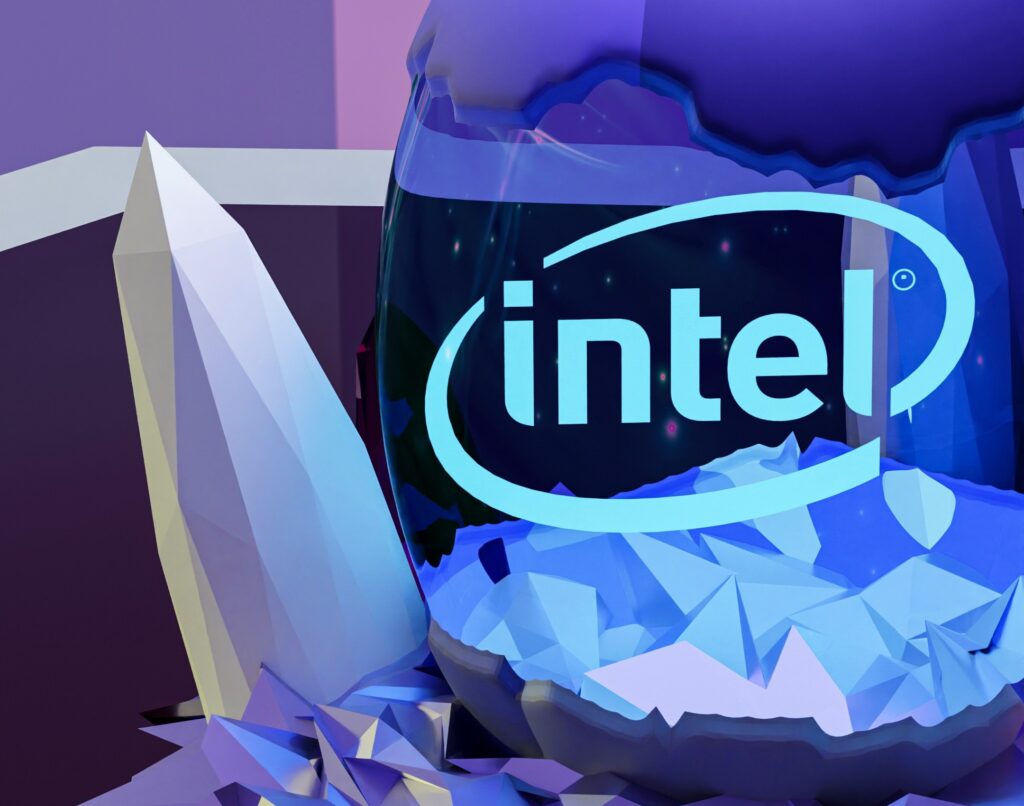In the rapidly evolving world of technology, failing to seize the next big opportunity can have significant consequences. For Intel, a once-dominant player in the semiconductor industry, such a moment slipped by unnoticed between 2017 and 2018. During this time, the company passed up on an opportunity that hindsight now reveals as a potential game-changer in the AI revolution.
Recent reports have shed light on Intel’s decision to forgo a chance to acquire a 15% stake in OpenAI for $1 billion, with the option for an additional 15% stake in exchange for producing hardware at cost. At that time, OpenAI was a budding non-profit organization focused on the relatively unknown field of generative AI. Despite the potential, Intel’s CEO Bob Swan opted out of the deal, citing doubts about the short-term profitability of generative AI.
This strategic choice mirrors a broader dilemma faced by established tech giants: striking a balance between immediate financial gains and long-term investments in emerging technologies. Intel’s reluctance to embrace generative AI at the expense of quick returns highlights a cautious approach that may have hindered its future prospects.
Fast forward to 2024, and the repercussions of Intel’s decision are evident. OpenAI, now valued at approximately $80 billion, has emerged as a key player in the AI landscape with its ChatGPT platform. Meanwhile, Intel finds itself trailing behind in the AI chip market, overshadowed by Nvidia’s $2.6 trillion market cap and struggling to retain its position in an industry it once dominated.
This missed opportunity is not an isolated incident for Intel. The company also turned down the opportunity to manufacture processors for Apple’s iPhone, missing out on a pivotal entry into the era of mobile computing. These instances paint a picture of a once-innovative giant that has faltered in anticipating and capitalizing on transformative technologies.
Intel’s transition from an industry leader to an AI follower is reflected in its recent financial performance. The company’s market value has dipped below $100 billion for the first time in three decades, and it has announced plans to reduce its workforce by over 15% following disappointing earnings. While Intel is gearing up to launch its third-generation Gaudi AI chip later this year, the effectiveness of this move in regaining ground in the fiercely competitive AI hardware market remains uncertain.
The OpenAI episode underscores the broader challenge faced by established tech giants in navigating the balance between short-term gains and long-term investments in emerging technologies. Intel’s decision to prioritize immediate profits over the potential of generative AI underscores a cautious strategy that may have come at a high cost in the long run.
As AI continues to reshape industries and create new opportunities, the ability to identify and invest in groundbreaking technologies early on will be critical for tech companies seeking to stay ahead. Intel’s missed chance with OpenAI serves as a cautionary tale for corporate leaders navigating the ever-changing landscape of technological innovation.
Looking ahead, Intel faces an uphill battle to reclaim its position as a leader in the AI chip market. The company’s plans to introduce new AI-focused processors for PCs and servers in 2025 indicate a renewed commitment to this space, but the effectiveness of these efforts in closing the gap with competitors who seized the AI opportunity early remains to be seen.
Intel’s journey serves as a reminder that in the tech industry, today’s giants can swiftly become tomorrow’s followers if they fail to embrace transformative technologies. As we stand on the brink of the AI revolution, the question lingers: Can Intel reinvent itself once more, or will it be left behind in the wake of the future it helped shape?
(Photo by Brecht Corbeel)
See also: OpenAI co-founder Ilya Sutskever’s new startup aims for ‘safe superintelligence’

Want to learn more about AI and big data from industry leaders? Check out AI & Big Data Expo taking place in Amsterdam, California, and London. This comprehensive event is co-located with other leading events including Intelligent Automation Conference, BlockX, Digital Transformation Week, and Cyber Security & Cloud Expo.
Explore other upcoming enterprise technology events and webinars powered by TechForge here.


